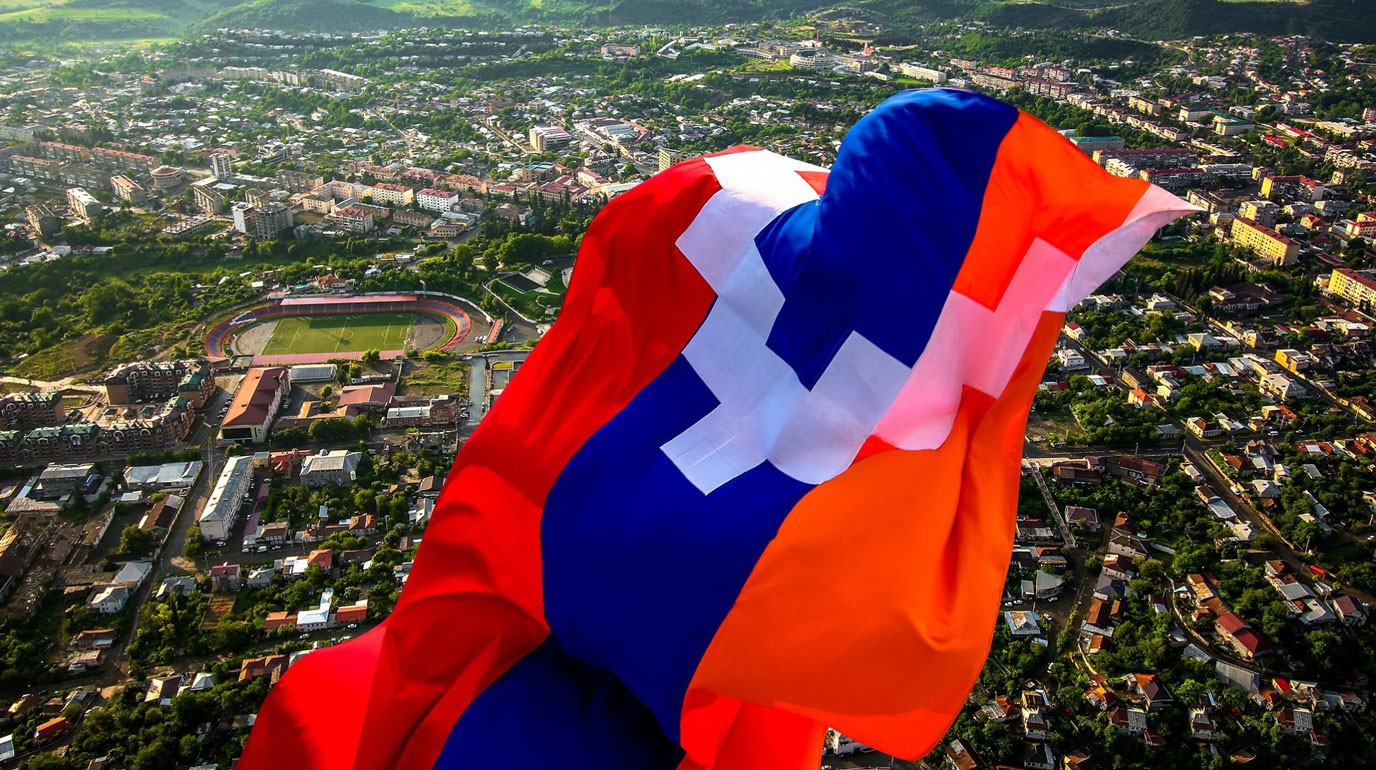Armenia’s top officials have criticized Azerbaijani President Ilham Aliyev’s recent reference to Lake Sevan as “Goycha” and his remarks suggesting that Azerbaijanis should “return” to Armenia as their historical homeland — comments Yerevan sees as a dangerous attempt to reopen territorial disputes. Speaking at the “Orbeli – 2025” International Conference on November 4, Prime Minister Nikol Pashinyan warned that such rhetoric undermines the fragile peace process and risks reigniting regional tensions. The comments sparked broad discussion in Yerevan, where leaders warned that reopening historical territorial narratives risks destabilizing the ongoing peace process.
Pashinyan said that Baku’s rhetoric could lead to a destructive cycle of historical reinterpretations.
The PM said, “In Azerbaijan, they ask why the flags of Nagorno-Karabakh (Artsakh) are displayed in the Armenian Parliament and say, ‘Well, if that’s the case, we’ll call Lake Sevan “Goycha” too,’” adding “Then some say, ‘If they call it Goycha, let’s call Ganja Gandzak, Kovsakan, Kashatagh,’ and so on. They say, ‘We renamed Jrakan, so let’s say Yerevan is an ancient Azerbaijani city.’ This is the wrong path.”
Pashinyan stressed that using maps from different historical periods to assert ownership is inherently dangerous, as any chosen “starting point” is selective.
“Where does the ‘historical homeland’ begin? Some argue it begins in the 1920s, others say centuries earlier. This approach leads nowhere productive,” he said, adding that Armenia remains capable of providing political leadership in the peace process.
Foreign Minister Ararat Mirzoyan echoed this view, stating that Aliyev’s terminology does not align with the current peace narrative. However, he clarified that Aliyev’s remark referred specifically to Tsarist-era maps and did not explicitly deny Sevan’s present name.
“I don’t want to play anyone’s lawyer, but the phrasing was like this: ‘In Tsarist maps, Sevan does not exist; there is Goycha.’ I don’t think this can be interpreted as Aliyev saying, ‘Today there is no Sevan, there is Goycha.’ Nevertheless, it is not the most constructive phrasing; we wouldn’t say it fits into the peace narrative. I can also point out that there are many Tsarist-era maps where Sevan appears. I don’t want to go further back into history because it could create a very uncomfortable situation, and we could see Armenian place names over a larger area,” Mirzoyan said.
He emphasized the importance of focusing on the internationally recognized borders of Armenia and Azerbaijan today.
Regarding Aliyev’s comments about Azerbaijanis “returning” to Armenia, Mirzoyan said: “I believe that citizens of the Republic of Armenia should live in Armenia, and I assume that citizens of Azerbaijan should live in Azerbaijan.”
Armenian Parliament Deputy Speaker Ruben Rubinyan also expressed concern over Aliyev’s remarks.
“Since August 8, we have seen some shift in tone from Baku, although statements we consider unconstructive still occur, and this latest one is among them,” Rubinyan told reporters on November 5. “But peace is not built on historical arguments. Peace is when Russian-origin wheat arrives in Armenia by rail through Azerbaijan, which happened yesterday.”
Rubinyan described the rail delivery as “historic,” noting that similar transit had not occurred since the early 1990s. He argued that reducing blockades and restoring transport links significantly lowers the risk of renewed war.
“When borders are fully closed and both sides are in blockade, the likelihood of military clashes is ten times higher than when borders gradually open,” he said.
He added that the reopening of railway transit through Azerbaijan creates Armenia’s first rail connection in decades that does not rely solely on Georgia.
“The importance of this cannot be overstated,” Rubinyan said.
Officials acknowledged that the peace process will continue to face challenges, including rhetoric they consider provocative, but emphasized that tangible steps—such as transport links and trade—should be prioritized.
“Yes, there will be problematic statements,” Rubinyan said. “But we must focus on real achievements. The wheat arriving through Azerbaijan is a concrete step toward peace, and that must be recognized.”


